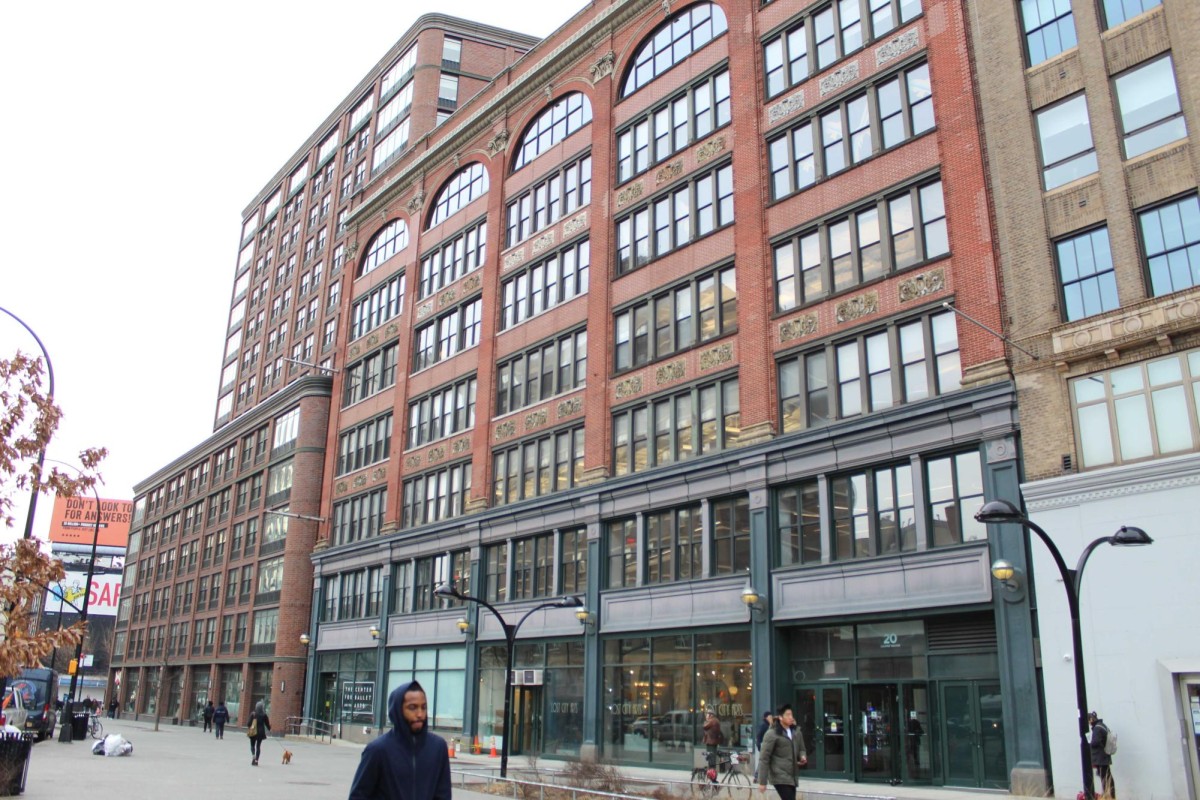NYU’s Institute for Public Knowledge received $1.15 million from New York Sen. Chuck Schumer through a Congressionally Directed Spending request — a portion of the federal budget that individual members of Congress can use to support projects in their respective state. The university said the institute will use the funding to develop tools aimed at better addressing “New York’s most pressing public policy problems.”
Michael Koncewicz, the associate director of the institute, said that in the institute’s initial CDS request to Schumer, the IPK pitched projects centering around climate change and environmental justice, racial equality, the future of democracy and the social implications of artificial intelligence.
“All of us at the Institute for Public Knowledge are delighted about this award and grateful to Sen. Schumer for his support,” Koncewicz wrote to WSN.
For the 2025 fiscal year, Schumer accepted requests from state and local government entities along with nonprofit organizations based in New York through April 5. The IPK — based in 20 Cooper Square, where NYU’s journalism department is also located — aims to research “issues of public concern” and serves as a hub for scholars, graduate students and state or local organizations to advance policymaking.
The IPK is currently conducting a study titled The Social Life of Climate Change, in which it uses interviews to examine how climate change impacts Americans in their daily lives. The institute also coordinates the NYU Cities Collaborative — which provides a platform for dialogue and research on urban issues — and has six working groups dedicated to exploring specific areas of research, including political polarization and racial disparities in public spaces.
This is not the first time that Schumer has helped fund initiatives at NYU. In September 2023, he and Sen. Kirsten Gillibrand announced that the National Science Foundation would allot $4.5 million in federal funds toward the development of machine learning models at the university. Schumer said the funding would be allocated toward the creation of technologies and software infrastructure that could help with the development of materials for clean energy conversion and storage, water purification and drug delivery.
A spokesperson for Schumer and the university did not respond to multiple requests for comment.
Contact Aashna Miharia at [email protected].























































































































































